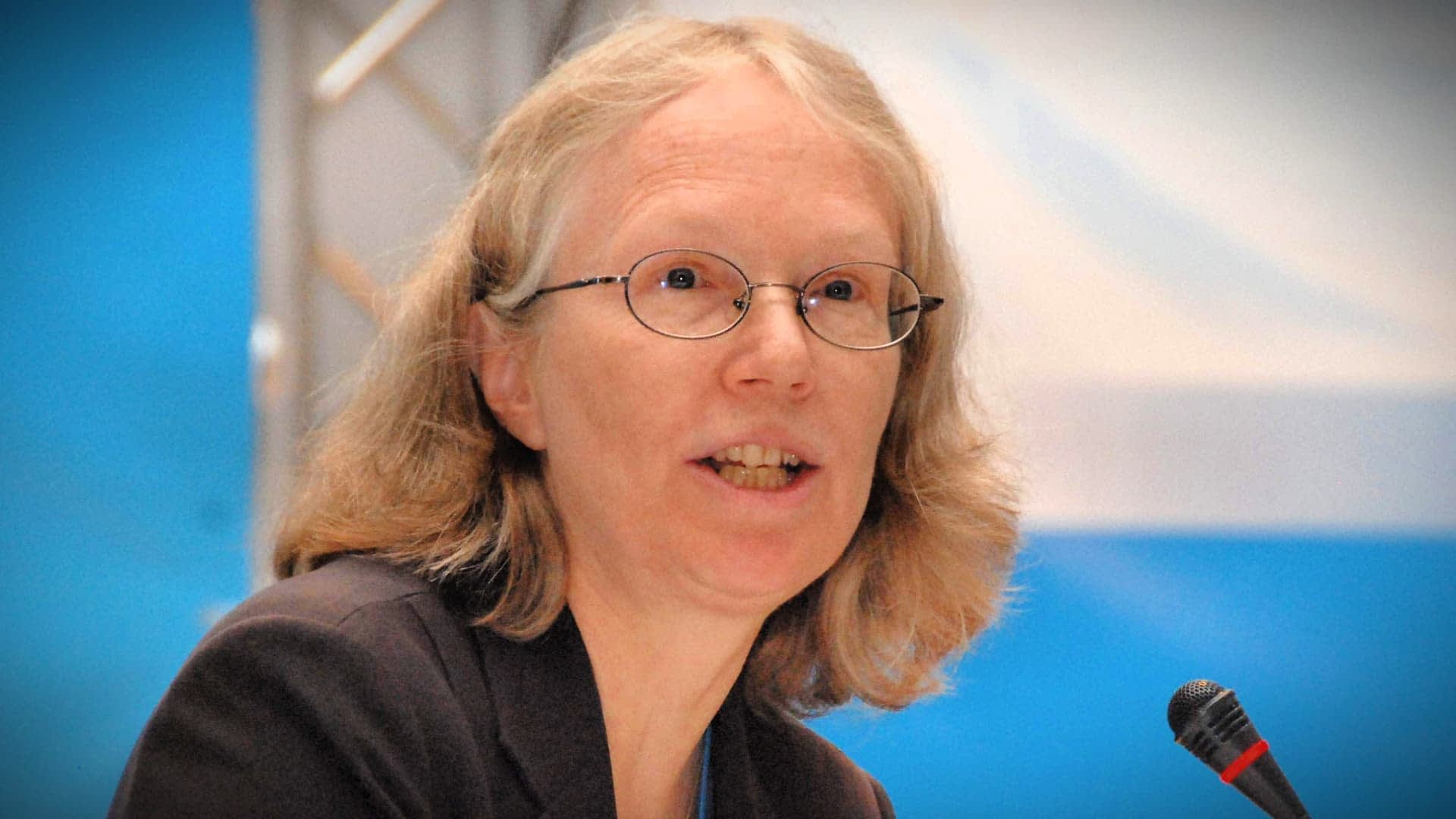Research about the impacts of climate change on agriculture began more than 30 years ago due to the pioneering work of a few scientists.
Among them is Cynthia Rosenzweig, who was just named the 2022 World Food Prize laureate for her research on modeling the impact of climate change on global food production.
Her leadership of AgMIP has directly helped decision-makers in more than 90 countries enhance their resilience to climate change.
“She was recognized for leading the global scientific collaboration that produced the methodology and data used by decision-makers around the world,” said the World Food Prize Foundation.
The ongoing global debate on climate change is highly focused on food systems and their impact on the environment and food safety.
See Also:Climate CoverageRosenzweig founded a globally integrated trans-disciplinary network of climate and food system modelers known as the Agricultural Model Intercomparison and Improvement Project (AgMIP).
AgMIP is a community of experts devoted to finding innovative methods to predict future performance of agricultural and food systems, studying how they integrate with global and regional scenarios and how they react to climate change.
AgMIP’s work is behind many high-profile research papers that inform the global debate about climate change and its consequences.
Thanks to the Rosenzweig-founded hub, more than a thousand scientists, agricultural companies and policymakers research the connections between farming, land use, nutrition, shocks and other related topics.
“Her leadership of AgMIP has directly helped decision-makers in more than 90 countries enhance their resilience to climate change,” the foundation wrote.
According to Rosenzweig, one of the biggest challenges today is the acceleration of extreme weather events due to climate change, which are manifesting themselves years earlier than expected.

Cynthia Rosenzweig (Photo: Barnard College)
“Extreme events have started to become more severe, longer duration, more frequent, earlier, I think, than we had anticipated,” she told United States-based National Public Radio. “Starting around the turn into the 2000s, this increase in extreme events in agricultural regions around the world.”
Given their exposure to extreme weather events and changing rainfall patterns, Rosenzweig said AgMIP is actively cooperating with developing countries to identify strategies for adaptation.
See Also:Flash Droughts Are Happening More Quickly and Lasting Longer, Study Finds“If the pattern of rainfall is changing, let’s develop and evolve the agricultural systems to have planting dates when the rain is occurring,” she said. “We’re looking at heat and drought-tolerant crops to recommend.”
In her first interview after being named 2022 laureate by the foundation, Rosenzweig emphasized how crucial the participation of all stakeholders for local adaptation to climate change is to the definition of efficient strategies.
“We have a project now in Bangladesh to look at sustainable rice production,” she said. “Participants at the stakeholder engagement meeting asked us to include livestock as well as rice production in the protocols.”
“So we are developing livestock modeling for greenhouse gas emissions and climate impacts for the next phase of the project,” she added.
Formerly the coordinator of several regional and national U.S. climate-related initiatives, Rosenzweig is now head of the Climate Impacts Group at the NASA Goddard Institute for Space Studies.
She is also a professor at Barnard College and a senior research scientist at the Earth Institute at Columbia University. Based in New York City, Rosenzweig also chairs or co-chairs four other local and national organizations dedicated to climate change action and research.
Rosenzweig has long been involved in climate action. In 2012, she was named one of “Nature’s 10: Ten People Who Mattered in 2012” and received the Guggenheim Fellowship for her work on climate models.
Rosenzweig has also announced that the whole $250,000 (€236,000) prize assigned by the Foundation will go into supporting research on climate change and food.








